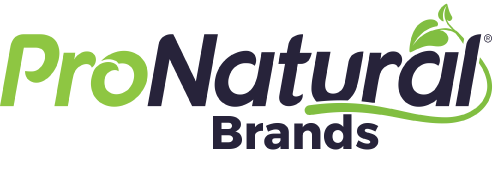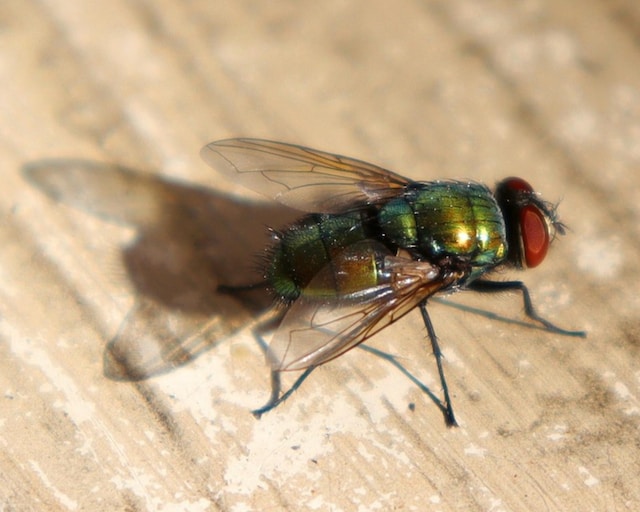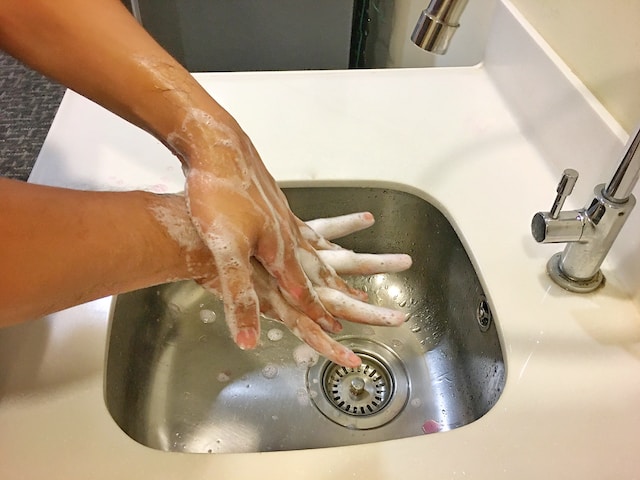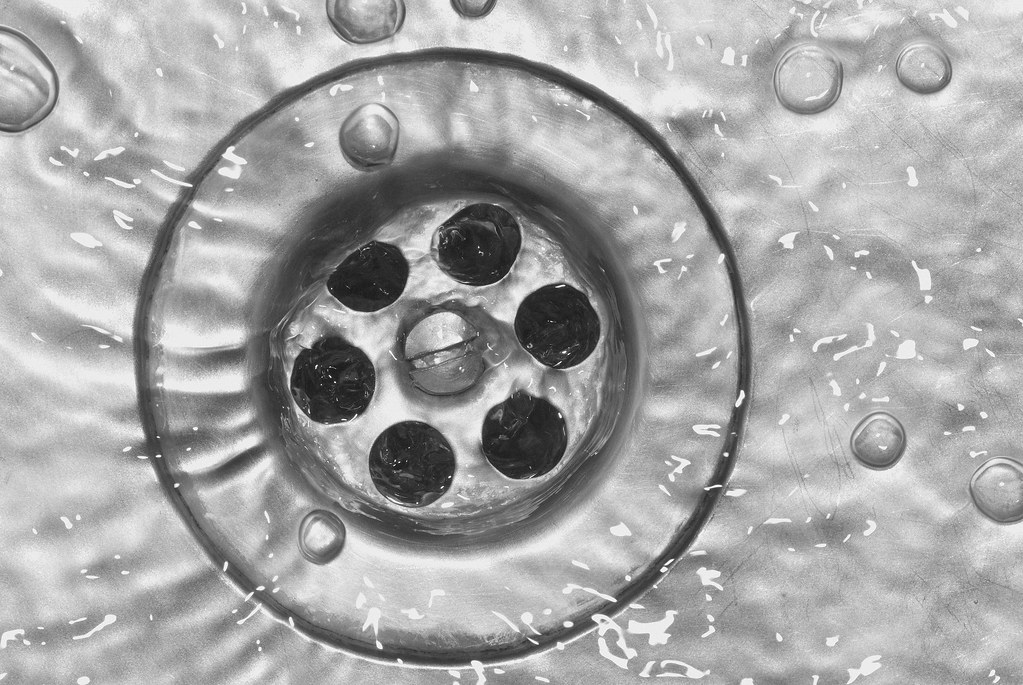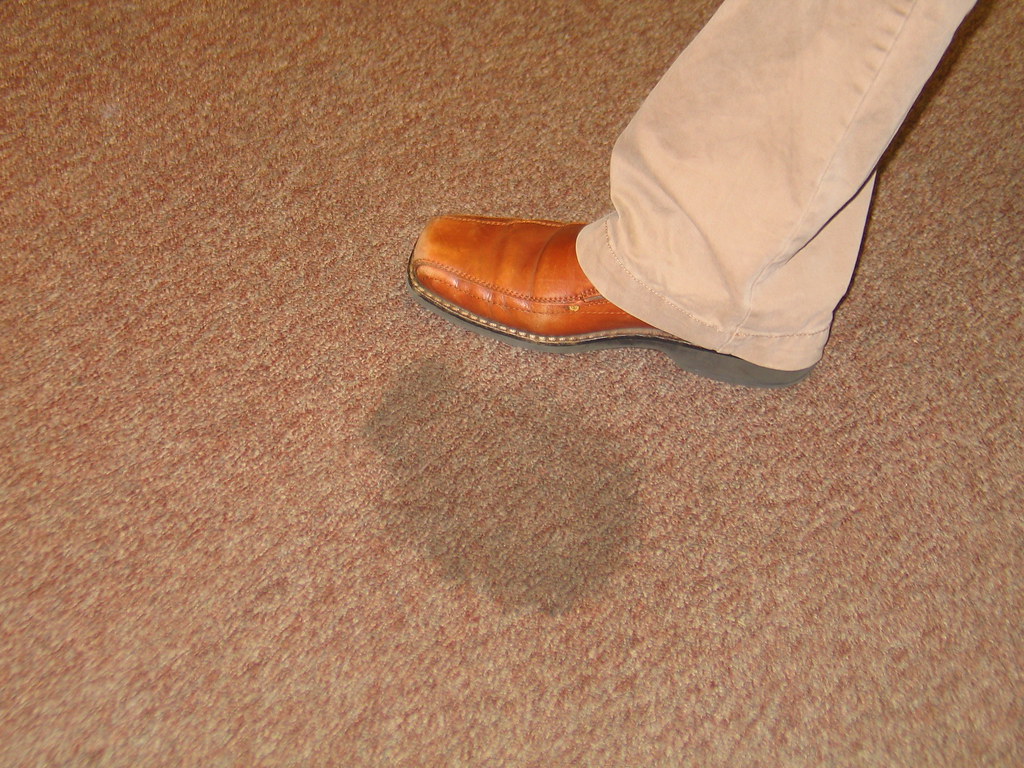The raw fruits and vegetables we eat raw or cook are typically rinsed quickly during processing before they are delivered to stores and restaurants. But more than a quick rinse may be needed to ensure these food items are safe to eat.
Outbreaks of foodborne illness have been caused by sprouts, melons, tomatoes, and lettuce contaminated with harmful bacteria. Young children, the elderly, and people with impaired immune systems are particularly at risk from foodborne illness.
Further, the surfaces of the food items may contain pesticide residue. This has become less of a concern over the years due to new regulations established by the U.S. government. However, any residue should still be removed, especially if those with impaired immune systems will consume the food.
But when it comes to ensuring the fruits and vegetables we consume are truly clean and healthy, there are more issues we should be aware of:
· Most fresh market fruits and vegetables are still harvested by hand. That means they are individually picked. As workers pick these food items, germs and bacteria can develop on their hands. When that happens, these contaminants can be transferred to the surface of the food items.
· Sometimes motor-driven tree and bush shakers are used to harvest fruits and vegetables. The food items drop into catching belts, bins, and pallets. The process is undoubtedly faster than hand-picking, but food items can come in contact with germs and bacteria as they are stored on the machines.
· Often ice is used to chill fruits and vegetables during the harvest and processing period. However, this ice can also become contaminated, and that contamination, once again, can spread to the surfaces of the food items.
· Over the years, there have been numerous outbreaks of illness resulting from human and animal food contaminated during transportation, and incidents of unsanitary transportation practices. This is especially true of produce if loaded into a truck that was not cleaned or cleaned correctly. The Food Safety Modernization Act Rule on Sanitary Transportation of Human and Animal Food, which dates to 2011, is designed to address this problem and ensure food is not contaminated in the transporting process. However, because there are several exemptions, all too often produce is still contaminated by the time it reaches its destination.
· When harvested and during processing, the focus of the rinsing is primarily to remove soil, stones, pesticide residue, and debris that can accumulate on the produce. It is not necessarily designed to remove germs, bacteria, and other contaminants collected on the surface of the produce.
· Further, we should know that this rinsing or washing of produce can vary depending on which food items are involved, the washing methods used by the facility, and, if the food items are imported, which country the produce comes from.
Aware of these issues, what can a family cook, restaurant cook, or cooks in a commercial kitchen do to ensure the produce they serve is clean, safe, and healthy? Here are some key steps that should be taken:
· Wash hands thoroughly for 20 seconds before and after handling produce.
· Remove any leaves. If there is pesticide residue left on the produce, it often is found on the leaves.
· Do not wash fruits and vegetables with household or commercial soaps or detergents. These products are not designed for washing food and may leave chemical residue on the produce.
· Use a citric acid fruit and vegetable cleaning solution. The LEXX® Fruit and Vegetable Wash has been proven to remove soils, films, and contaminants from food surfaces. And because it is made from citric acid, it is safe for people, the produce, and the environment.
Finally, and this applies when working with any food items, always use clean cutting boards and utensils. Further, use separate cutting boards for different foods, one for produce and another one for raw meat, poultry, and seafood.
If our goal is to help keep food healthy, then we have to do it right. These steps will help.
Lee Chen is President and COO of ProNatural Brands, LLC, manufacturers of natural, sustainable, and effective citrus-based cleaning solutions. To contact us, click here: Contact – Pronatural (pronaturalbrands.com)
